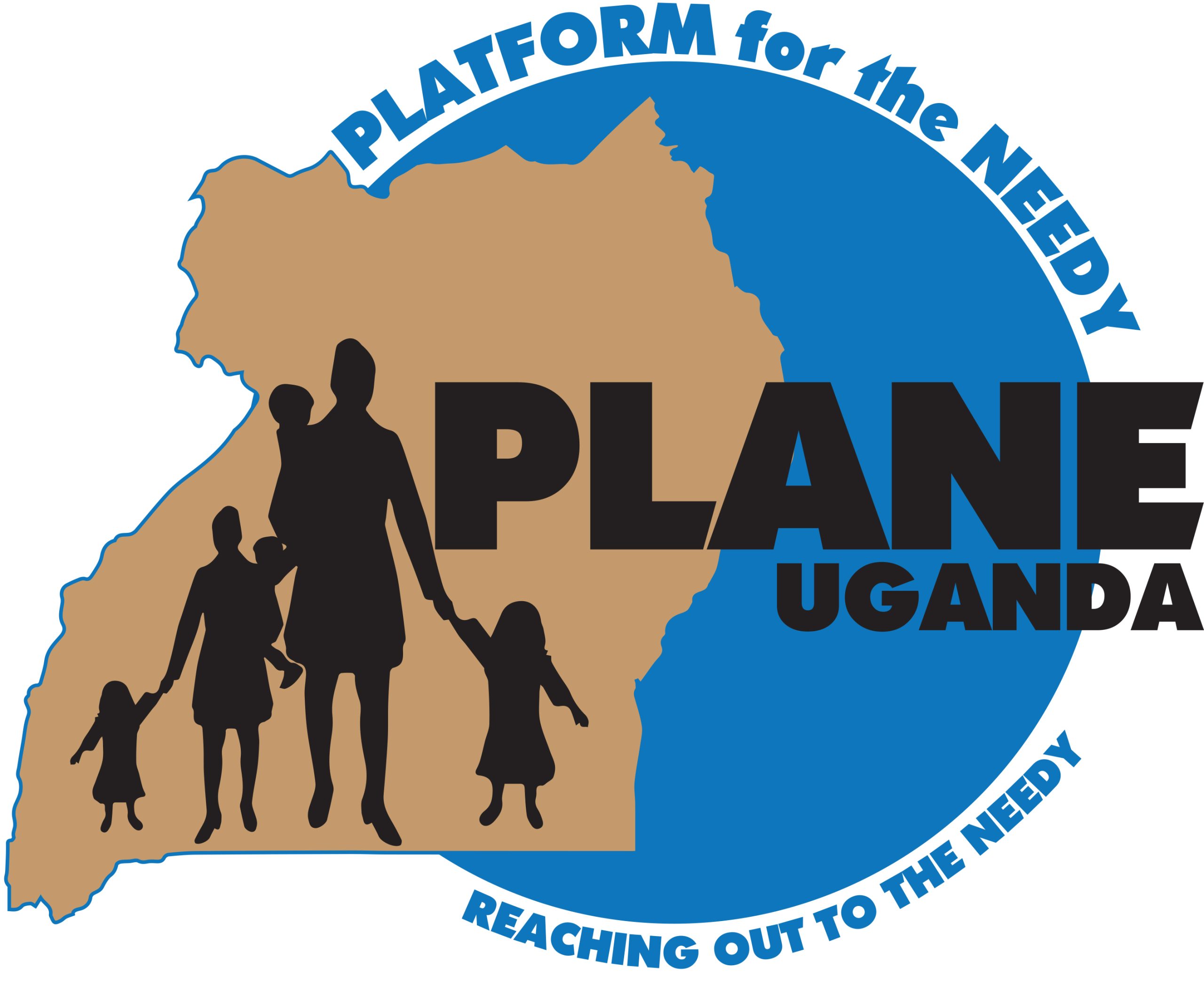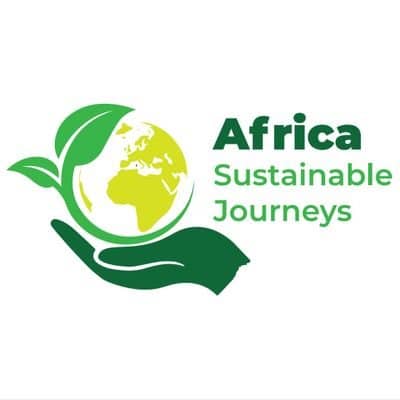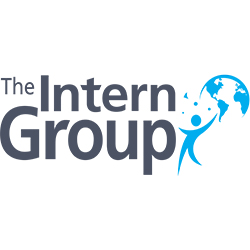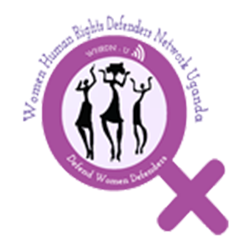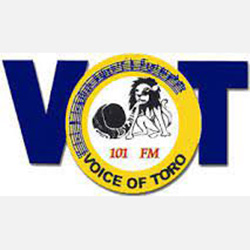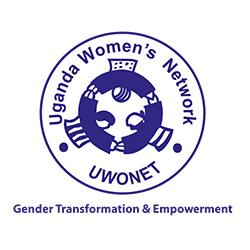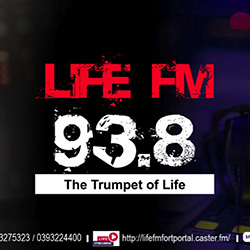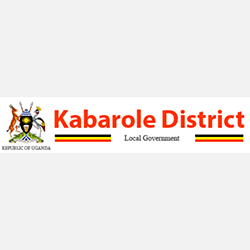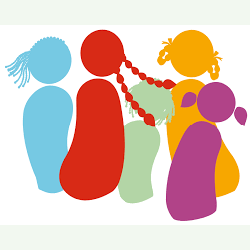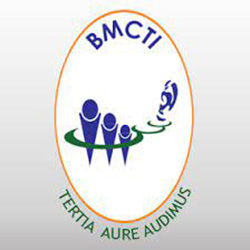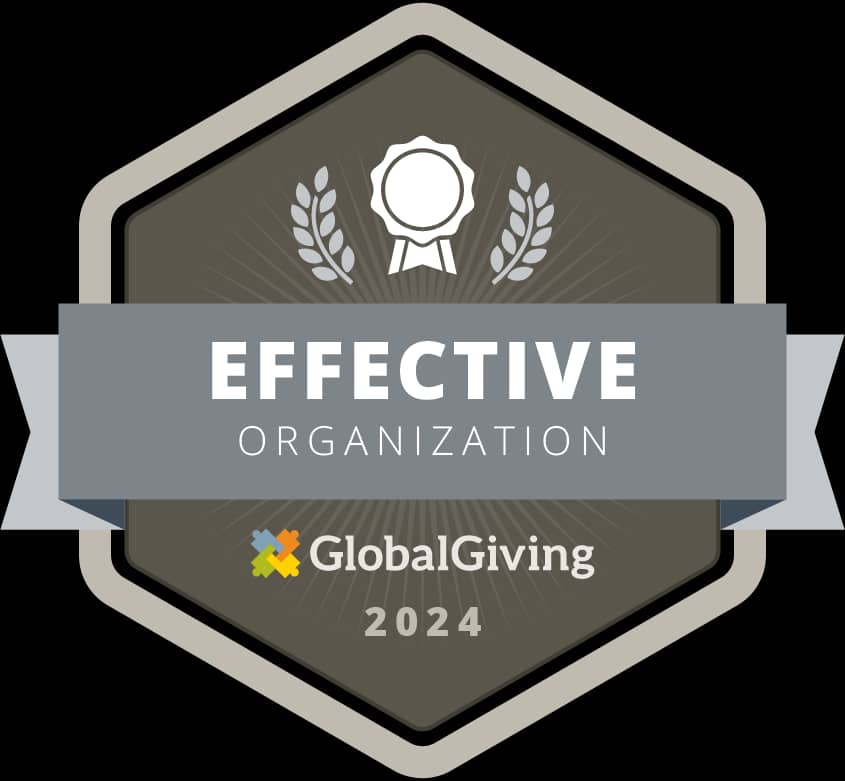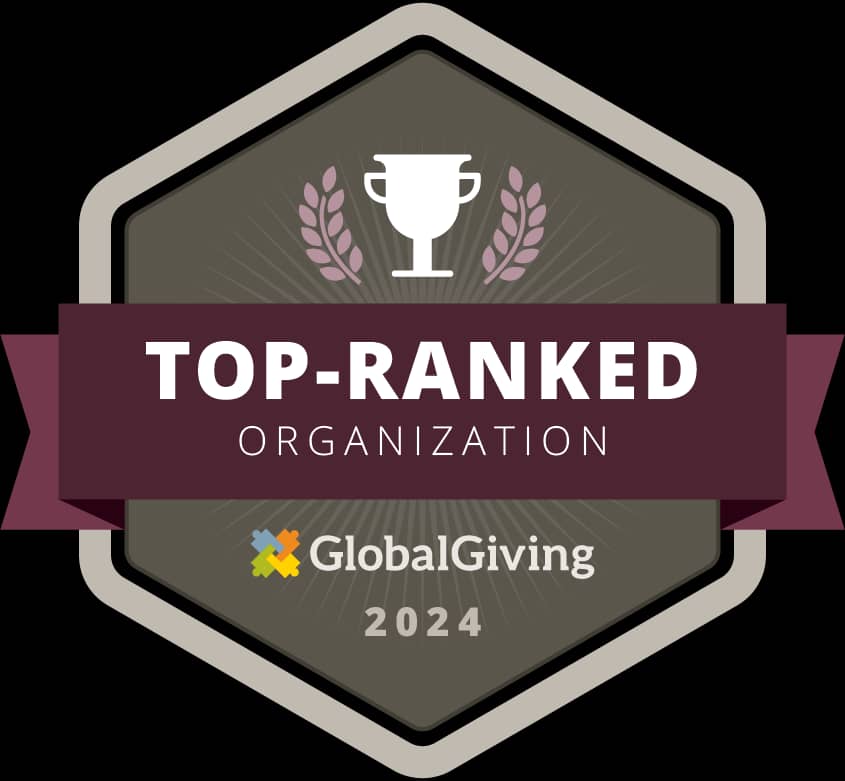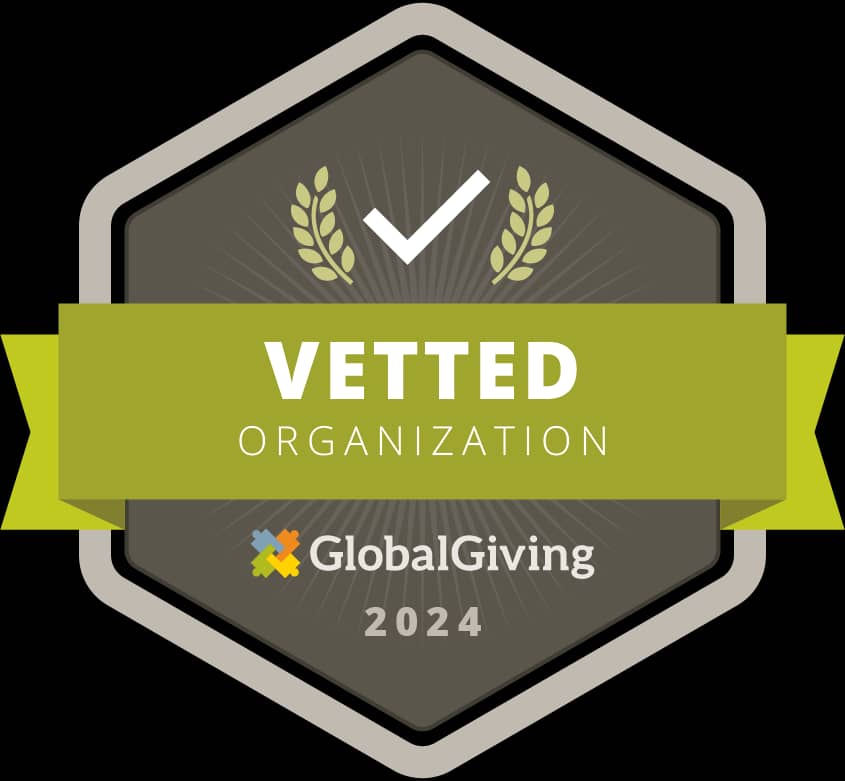REPRODUCTIVE AND SEXUAL HEALTH PROGRAM
Program Description:PLANE’s Reproductive and Sexual and Reproductive Health Program aims to ensure increased awareness of and education on Sexual Reproductive Health Rights (SRHR) amongst teenagers and other relevant stakeholders, such as NGOs dealing with related issues, communities and religious leaders.
PLANE works towards improving the Sexual and Reproductive Health and well-being of women and girls by harnessing the power of innovation. Through awareness creation, we empower women to take charge of their health and provide evidence-based approaches to meet the reproductive health needs of current and future generations.
The programme applies a rights-based approach in combating the harmful cultural practices, Gender-Based Violence, and lack of relevant and accurate information on SRHR among the targeted youth in the Rwenzori region and Uganda at large through radio drama, outreaches, community dialogues and health conferences.
Maternal, Newborn, Child Health & Nutrition: Combating issues about teenage pregnancy, improving maternal, newborn, and child health is essential to PLANE’s mission and work in the region.
The programme addresses the following themes in summary:
- Relationships.
- STIs (including HIV/AIDS)
- Male and Female Reproductive system
- Family Planning Contraceptive methods (abstinence, condoms, birth control, abortion, post-abortion and Manageable families)
- Pregnancy and delivery
- Gender Identity/Sexuality in the context of the Ugandan Constitution
- SRHR advocacy and health service providers partnering with us on our website
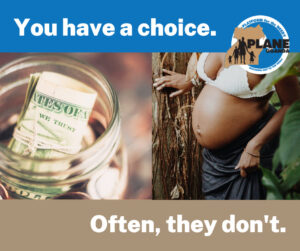
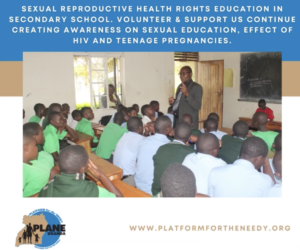
Focus area:Peer Education with adolescents and young people on a variety of topics of Sexual Health
Problem Statement:This programme addresses the significant health problems of inadequate and unequal access to SRHR education amongst the Ugandan youth, especially in the Rwenzori region. In rural communities and schools across the Rwenzori region, young boys and girls can still access sexual and reproductive health services/information despite their right to do so as entrenched in the Ugandan constitution.
Young women and children continue to suffer at the hands of healthcare practitioners and quack doctors who have inadequate knowledge of rights of reproductive health. The mushrooming of the quack traditional doctors and herbalists have continued to give fake and misleading information on SRHR leading to health complications and death.
Sexual and Reproductive Health needs among the youth contribute to unwanted pregnancies, issues about teenage pregnancy, STIs, HIV infections and high school dropout. Teenage pregnancies are associated with adverse outcomes such as unsafe abortion, obstructed labour, fistulas and death. According to the Ugandan constitution, teenage mothers are also not aware of their legal rights towards their quandary, which says that a girl can take a maternal year out of school and have the right to return to school.
This inadequacy of SRHR education among the youth makes it difficult to identify their legal rights and responsibilities as stated in the constitution. They are not involved in modifying policies in this area.
The national government has made efforts to address these issues, namely in creating the Adolescent Sexual Reproductive Health and Development Policy to improve reproductive health and the quality of life among adolescents and youth. However, the policy ran into problems due to limited awareness, limited resources, low youth involvement and poverty.
Furthermore, the wish to secure adequate awareness and education on reproductive health and rights associated with it has faced a range of cultural and religious challenges regarding gender rights, gender-based violence, genital mutilation, social stigmatization and taboos regarding sexual orientation. Even though the policy emphasizes all aspects of SRHR, there is still an urgent need to implement a wholesome SRHR education, especially in primary, secondary and communities.
Target groups and beneficiaries:
Primary target group: PLANE’s target groups are boys and girls aged 13-25 in primary and secondary schools in Kabarole, Bunyangabu and Ntoroko districts for physician visits and the other areas of the Rwenzori region will have the opportunity to listen to our radio drama skits on Voice of Tooro FM in Fort Portal city and those who have virtual access through our website.
Secondary Target Group: The volunteers from the region aged 18–25 years.
Tertiary Group: SRHR and Civil Society Organizations, Education and Health Ministry at National, district and local level.
Objectives and indicators of success: Long-term development objective
- To ensure quality education and information dissemination on sexual and reproductive health among teenagers in the Rwenzori region-Uganda.
Short Term Objectives:
1. Improving capacity building through training of staff and volunteers in delivering rights of reproductive health talks.
Establish the Programme/Project Coordination Teams (PCT) to scale up the programme/project.
- Improved knowledge on SRHR and Gender-related issues among targeted teenagers and youth information centre usage in place and promoted.
- Improved awareness creation among stakeholders (parents, leaders, police and CSOs/NGOs) on the current status of SRHR issues in Uganda and awareness of the impact of education to reduce the prevalence of SRHR issues
Evaluation Plans:
- Collecting baseline and evaluation data during the project to support
- Advocacy of SRHR education in Uganda
- We conduct regular feedback meetings between the staff, departmental heads, district officials, communities, and CSOs online through our website and physical visits.
- Up to date volunteer database with a volunteer’s profile
- Date schools database with data collected from the schools during the visit to assist the organization in responding to issues/concerns raised.
